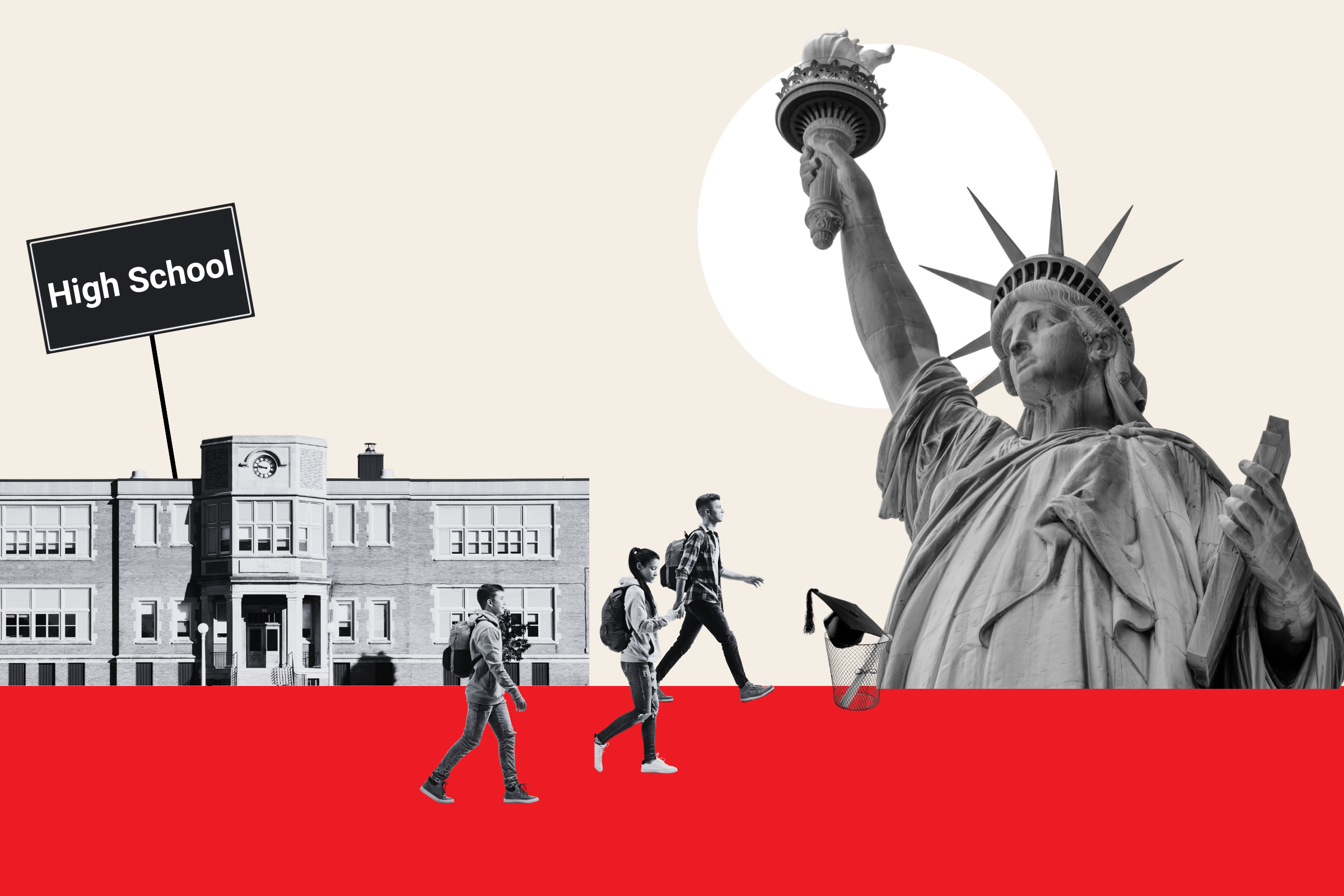My relationship with alcohol started when I went to university. I did drink before that, but it wasn't anything serious.
When I went to university in 2009, I was launched into the world of binge drinking. I got jobs in bars and clubs, so there was always free alcohol. I began to have a "go hard or go home" mentality when it came to drinking and that seemed normal because everyone else was doing it.
Slowly but surely, I began to realize that my relationship with alcohol was slightly different from everyone else's. I never had a stopping point. I always wanted to be the last person at the party to the point where my friends had to drag me home.

I began using alcohol as a way to gain confidence to talk to people if I was going on a date and if I was feeling insecure—it became a coping mechanism for me. At the same time, I started struggling with my mental health. Whenever I'd feel anxious or depressed, I'd turn to alcohol.
When I left university in 2012, I went to work in public relations and then journalism, and my drinking didn't slow down. I was going out to work events and embarrassing myself, falling asleep on the last train home and ending up at the wrong stop, and having to get an hour-long cab home to where I actually lived.
I also suffered from blackouts, so I wouldn't remember huge portions of my night. I would wake up in the morning and not recall how I got home. Sometimes, I'd end up at someone else's house, and that's what affected my mental health even more.
Usually, the day after drinking, I would get the worst anxiety, which would turn into three days of having an existential crisis and thinking: I don't want to be here anymore. By the time it would get to Friday and I'd think: I know what cheers me up. Drinking.
During all of this, there were concerns about my drinking, but no one thought it was anything out of the ordinary because I wasn't waking up and putting vodka on my breakfast.
What I've learned now is that drinking problems are on a spectrum. Drinking was causing a lot of problems in my life.
It was causing financial stress, relationship stress, mental health stress, and physical health stress. It was affecting so many parts of my life. I wasn't spending a huge amount of money on drinking because I worked in bars and clubs, so most of what I was drinking was on the house.
One night, when I was 26, I went out and, because I drank so much, I didn't remember anything. I woke up the next morning and I was so hungover. I felt embarrassed and had that usual anxiety and dread. That's when I said to myself: I can't do this anymore.
So I decided to stop drinking.

When I told my friends that I would quit drinking, they all thought it was hilarious because I'd said it so many times before and just never stopped. But in the end, they were supportive once they realized that I was taking it seriously.
I always said that Alcoholics Anonymous wasn't the right fit for me, but I needed something. I looked online and thought: Wouldn't it be great if there was a community for women who don't drink, are thinking about quitting drinking, or just want advice on what the best alcohol-free wine is?
I looked around and couldn't find it, so I decided I would start one myself.
In 2018, I founded the Sober Girl Society, a community for sober and sober-curious women. We run events and meet-ups across the U.K., and through that I was lucky enough to be approached by Penguin Random House to write my book, The Sober Girl Society Handbook.
Some of the benefits I've noticed over the years are improved physical and mental health, more energy, and deeper, meaningful relationships with people.
In 2018, I also created a savings pot and put the money that I'd usually spend on alcohol in there. Some of the clients that I speak to roughly save £250-500 a month after quitting alcohol.
Millie Gooch is the founder of the Sober Girl Society and is one of the voices leading the sobriety movement in the U.K. As a journalist, she has written for a range of publications, and her campaigning work has been featured everywhere from ELLE and Stylist to the BBC and Evening Standard. Her debut book, The Sober Girl Society Handbook, was released in January 2021 and was named a best self-care book by The Independent.
All views expressed in this article are the author's own.
Do you have a unique experience or personal story to share? Email the My Turn team at myturn@newsweek.com.
Uncommon Knowledge
Newsweek is committed to challenging conventional wisdom and finding connections in the search for common ground.
Newsweek is committed to challenging conventional wisdom and finding connections in the search for common ground.
About the writer
Millie Gooch is the founder of the Sober Girl Society and is one of the voices leading the sobriety movement ... Read more
To read how Newsweek uses AI as a newsroom tool, Click here.





